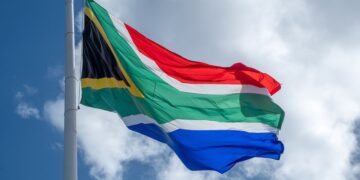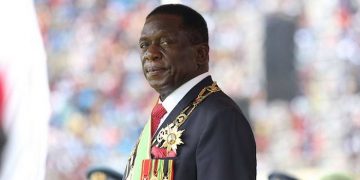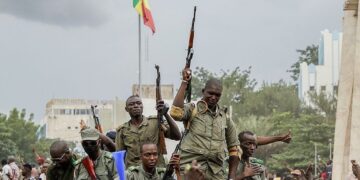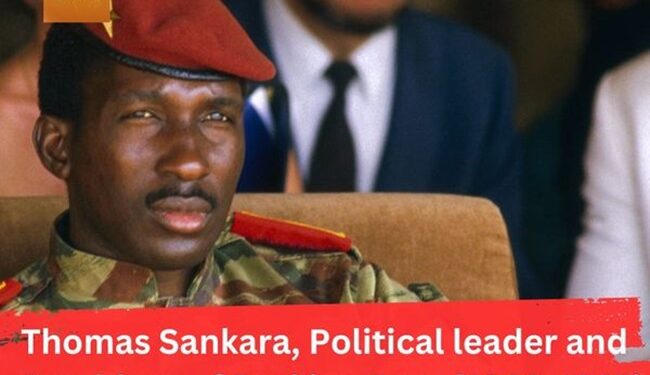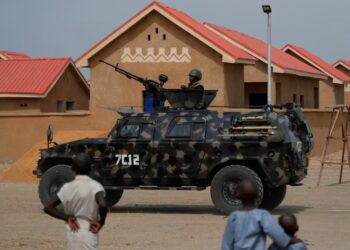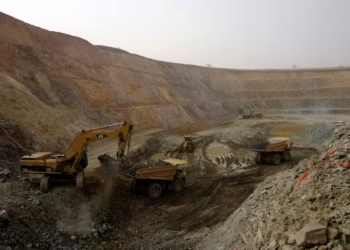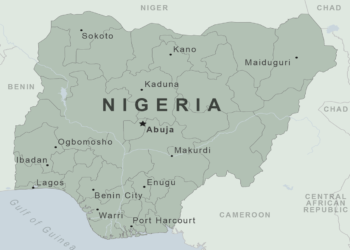The son of a Peul father and a Mossi, mother Thomas Sankara was born in 1949, in Yako, French colonial Upper Volta. Though his parents encouraged him to be a priest, Sankara chose a career in the military.
Like other influential socialists of the twentieth century Sankara’s life and anti-colonial and decolonial legacy continue to inspire anti-imperialist and Pan-African youth movements across Africa and beyond. A charismatic yet notably humble figure, Sankara is often referred to as the Ché Guevara of Africa. Sankara is considered to have been one of the world’s most notable pan-African socialist revolutionaries.
From 1970 to 1973, Sankara attended the military academy of Antsirabe in Madagascar where he trained to be an army officer. He later attended a parachute academy in France, where he was introduced to left-wing political ideologies. In 1974, as a young lieutenant in the Upper Volta army, he fought in a border war with Mali and returned home a hero.
While commanding the Commando Training Center in the city of Pô in 1976, Thomas Sankara grew in popularity by urging his soldiers to help civilians with their work tasks. He additionally played guitar at community gatherings with a local band, Pô Missiles.
During an academic pursuit in Morocco, Sankara got acquainted with Blaise Compare and some civilian students from Upper Volta. Together, they saw to the establishment of leftist groups in the country.
Sankara was appointed Prime Minister of the Council for the Salvation of the People (CSP) in January, 1983. The position launched his international political career. He got acquainted with many left-leaning political leaders, including Cuba’s Fidel Castro, Grenada’s Maurice Bishop and Mozmabique’s Samora Machel.
Owing to Sankara’s anti-neocolonial ideology, he was constantly at odds with conservatives within the CSP. Sankara was subsequently dismissed as prime minister and placed under house arrest.
On October 15, 1987, Thomas Sankara was killed with twelve other officials in a coup d’état instigated by Blaise Compaoré, his former political ally. He was 37 at the time of his death.
After 27 years in power, Compaoré’s government was deposed in a popular uprising in 2014. In 2022, 35 years after Sankara’s death, Campaoré was convicted along with 2 others and sentenced to life imprisonment in absentia.


